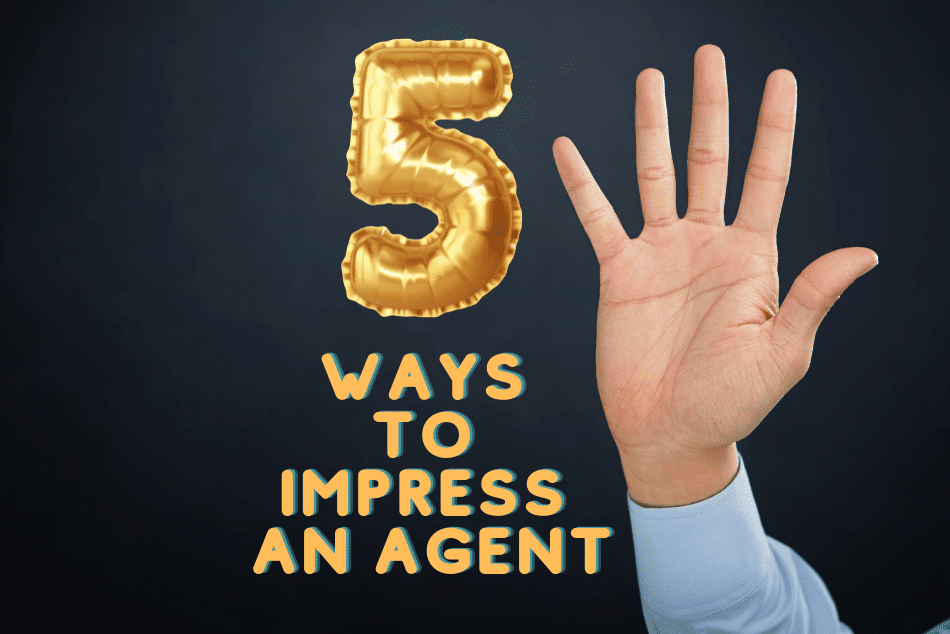Getting an agent can be a challenge. Given the sheer volume of queries agents receive—such largesse that many agents find it impossible to accept unsolicited queries—it’s not easy to make you and your project stand out. Here are some tips to help you to capture an agent’s attention—in a good way.
- Use X Meets Y when you pitch.
- X meets Y is a kind of shorthand many agents use when pitching. It’s an old Hollywood formula for communicating the essence of a story in as few words as possible by drawing on references to other stories/characters/locales. For example: Bonanza meets King Lear = Yellowstone; Jane Austen’s Emma at Beverly Hills High = Clueless; All the President’s Men meets pedophile priests in Boston = Spotlight.
This formula (and variations thereof) works equally well for all kinds of fiction as well as nonfiction:
- The Lord of the Rings meets the Wars of the Roses = A Game of Thrones
- Our Town meets Alice Hoffman with a touch of John Irving = Unlikely Animals
- Castaway on Mars = The Martian
- Survivor meets Lord of the Flies = The Hunger Games
- Eleanor Oliphant Is Completely Fine meets Columbo = The Maid
- Jane Austen with zombies = Pride and Prejudice and Zombies
- Bram Stoker’s Dracula meets Beauty and The Beast = Twilight
- Harry Potter meets classical mythology = Percy Jackson series
- Baseball meets sabermetrics = Moneyball
- Julia Spencer-Fleming with dogs = my own Mercy Carr series
Coming up with an X meets Y that suits your work reveals a deep understanding not only of your own story but also of the world of story and the importance of being able to communicate what your story is about quickly and memorably.
- Know your genre.
You should be querying agents who represent your genre and have sold projects in that genre. As a result, they should know the category well—and you should, too. You should be able to discuss the blockbusters and the break-out books in your genre, as well as the bestselling authors and promising newcomers writing in your category. You should have a clear understanding of the conventions and tropes in your genre, and how your work as well as the work of others in your genre use/abuse/reinvent those conventions and tropes.
- Know your comps.
Not only should you know your genre, you should know it well enough to compare and contrast your work with the other works in the genre. These are your comps—aka comparable titles—that agents, editors, publishers, booksellers, and ultimately readers will recognize and appreciate as you compare and contrast them to your stories. This applies to both the category killers as well as those stories written by up-and-coming authors. Do not discount this homework; you cannot write, revise, and market your work in a vacuum. The more thoroughly you know your category and your comps, the better.
- Belong to your genre association.
If you belong to your genre association, put that in your bio. That shows that you a) understand genre and know where your work belongs in the publishing landscape, b) are an active participant in the writing community, and c) approach your career with good sense as well as good storytelling.
- Follow agents on social media.
Many agents are on social media, especially Twitter. If you follow agents, as well as editors, you’ll learn a lot about their likes and dislikes, what they’re looking for, the submission process, and publishing in general. This knowledge will help you navigate the often murky waters of the book business more successfully. Note: Don’t pitch them on social media, as that’s considered bad form. Query as directed on the agent’s website.
One last tip: Don’t give up. This is a long game. Good luck!
This post originally appeared at Career Authors.

